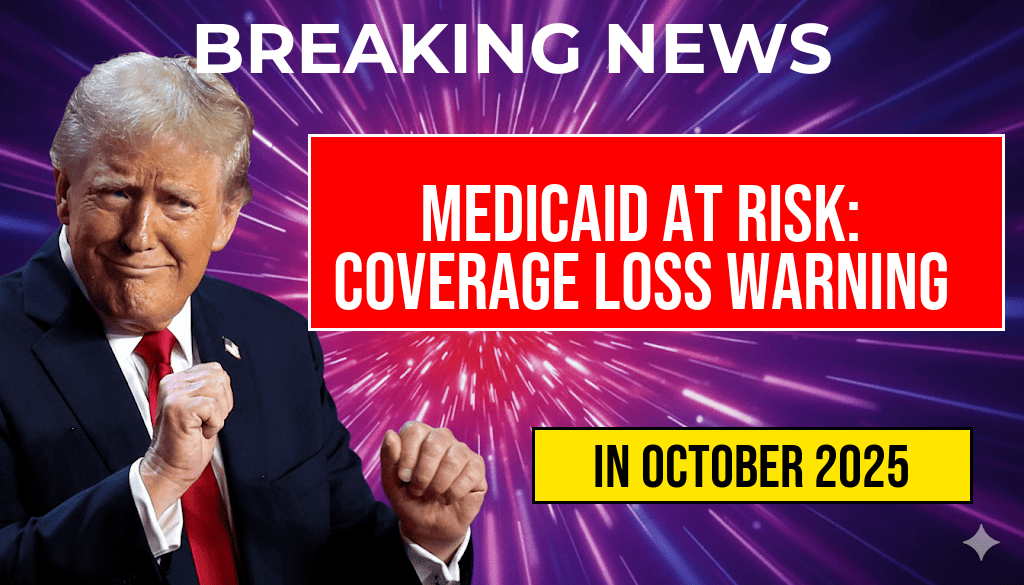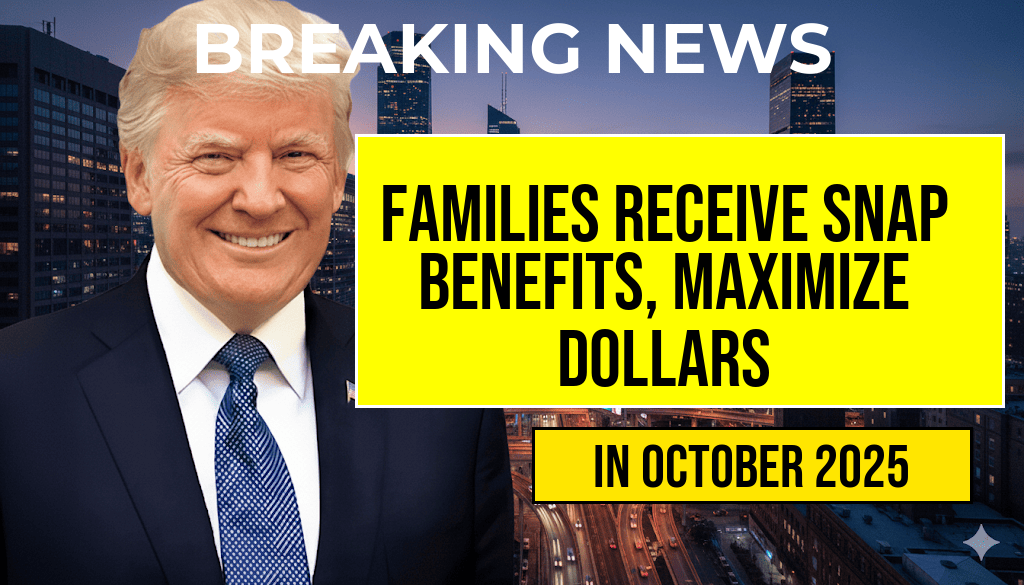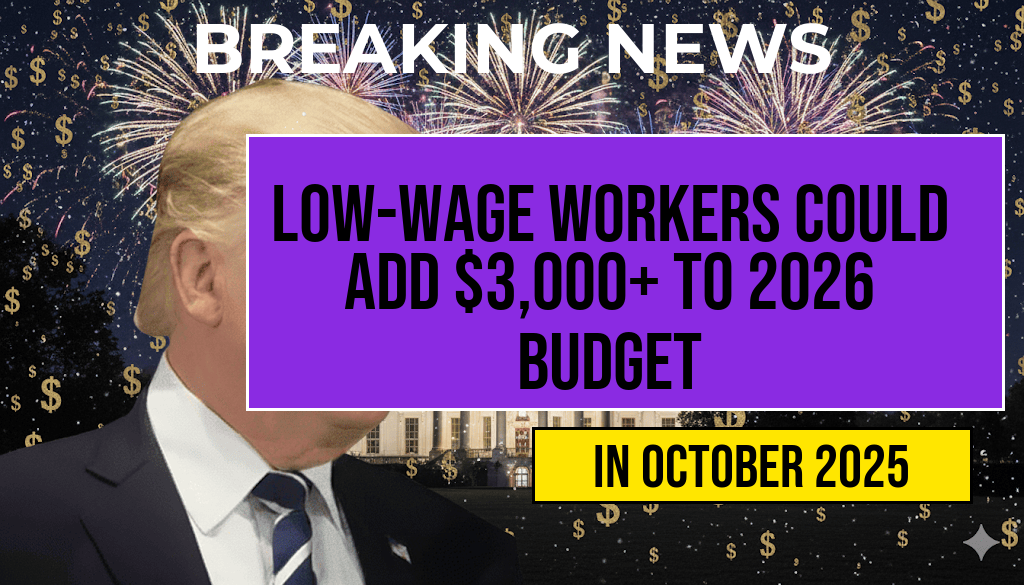Recent projections from the Congressional Budget Office (CBO) have raised alarms over the future of Medicaid access for millions of Americans. The report warns that, without policy adjustments, a significant number of beneficiaries could face losing coverage due to the potential burden of unexpected $1,000 emergency room bills. This scenario threatens to undo years of progress in expanding healthcare access for low-income populations, as the potential financial strain may push vulnerable individuals to forego necessary care or face debt accumulation. As policymakers grapple with budget constraints and healthcare reform debates, the forecasted impact underscores the fragile balance between healthcare affordability and fiscal responsibility.
Potential Impact on Medicaid Enrollees
The CBO estimates that millions of current Medicaid recipients could experience coverage losses if certain policy proposals, such as increased cost-sharing or reduced eligibility, are implemented. The report highlights that, under some scenarios, the cost of emergency services—particularly unexpected bills reaching up to $1,000—may prompt recipients to decline or delay care, risking both health outcomes and continued eligibility. This potential shift could destabilize the Medicaid system, which has historically served as a critical safety net for low-income Americans.
Factors Contributing to Coverage Loss
Several factors identified by the CBO could contribute to the projected decline in coverage:
- Increased cost-sharing requirements: Higher copayments or deductibles may discourage use of emergency services or lead to financial hardship.
- Stricter eligibility enforcement: Tightened income verification processes could disqualify some beneficiaries.
- Policy shifts towards work requirements: Some states have proposed or implemented work mandates, which could result in loss of coverage for non-compliant individuals.
Financial Strain on Beneficiaries
Emergency room bills averaging around $1,000 can be a significant burden for Medicaid enrollees, many of whom are living paycheck to paycheck. The prospect of facing such unexpected expenses may lead individuals to avoid seeking care altogether, risking worsened health conditions and increased long-term costs. Experts warn that this avoidance not only jeopardizes individual health but could also inflate Medicaid costs due to delayed treatment and more complex medical interventions down the line.
Policy Implications and Debates
Balancing Budget and Access
Federal and state policymakers are caught in a delicate debate over how to manage healthcare funding without compromising access. Some advocate for increased cost-sharing to reduce Medicaid spending, while others emphasize the importance of maintaining comprehensive coverage to prevent higher costs from untreated illnesses. The CBO report underscores the potential consequences of aggressive cost containment measures, suggesting they could inadvertently diminish the program’s reach and effectiveness.
Legal and Political Challenges
Many of the policy proposals that could lead to coverage loss are facing legal scrutiny and political opposition. Civil rights groups and healthcare advocates argue that reducing coverage or increasing financial barriers disproportionately impacts minority and low-income populations, exacerbating health disparities. Conversely, some policymakers contend that reforms are necessary to ensure the program’s sustainability amid rising healthcare costs.
Potential Solutions and Recommendations
Addressing the risks identified by the CBO will require a nuanced approach. Experts recommend:
- Protecting vulnerable populations: Ensuring that cost-sharing policies do not create insurmountable barriers to care.
- Implementing income-based caps on out-of-pocket expenses: To prevent catastrophic bills from deterring necessary treatment.
- Expanding outreach and assistance programs: To help enrollees navigate billing and understand their coverage, reducing the likelihood of debt accumulation.
Broader Context and Future Outlook
The forecasted risks come amid a broader national debate on healthcare reform and fiscal policy. As the Biden administration and Congress consider options, the emphasis remains on preserving Medicaid as a vital safety net while ensuring long-term sustainability. The Wikipedia page on Medicaid offers detailed background on the program’s history and structure.
Meanwhile, advocates warn that ignoring these projections could lead to increased health disparities and higher emergency healthcare costs down the line. Policymakers are urged to carefully weigh the immediate fiscal benefits of cost-sharing against the long-term societal costs of reduced healthcare access for millions of Americans.
Frequently Asked Questions
What is the main concern raised by the CBO regarding Medicaid?
The CBO warns that millions of people could lose their Medicaid coverage due to potential $1,000 emergency room bills, which may lead to increased financial hardship.
How could emergency room bills impact Medicaid recipients?
High emergency room bills, such as $1,000 or more, could result in financial strain for Medicaid beneficiaries and potentially cause some to lose their coverage if they are unable to pay or if policies change.
What are the potential policy implications of the CBO warning?
The CBO warning suggests that policy changes targeting Medicaid could lead to coverage loss for millions, emphasizing the need for careful consideration of cost and access.
Who might be most affected by the potential loss of Medicaid coverage?
Low-income individuals and families relying on Medicaid are likely to be most affected, especially those who face unexpected medical bills like $1,000 emergency room charges.
What can Medicaid recipients do to prepare for potential changes?
Recipients should stay informed about policy updates and consider financial planning for possible medical expenses. Additionally, seeking assistance from healthcare advocates can help navigate coverage options.






